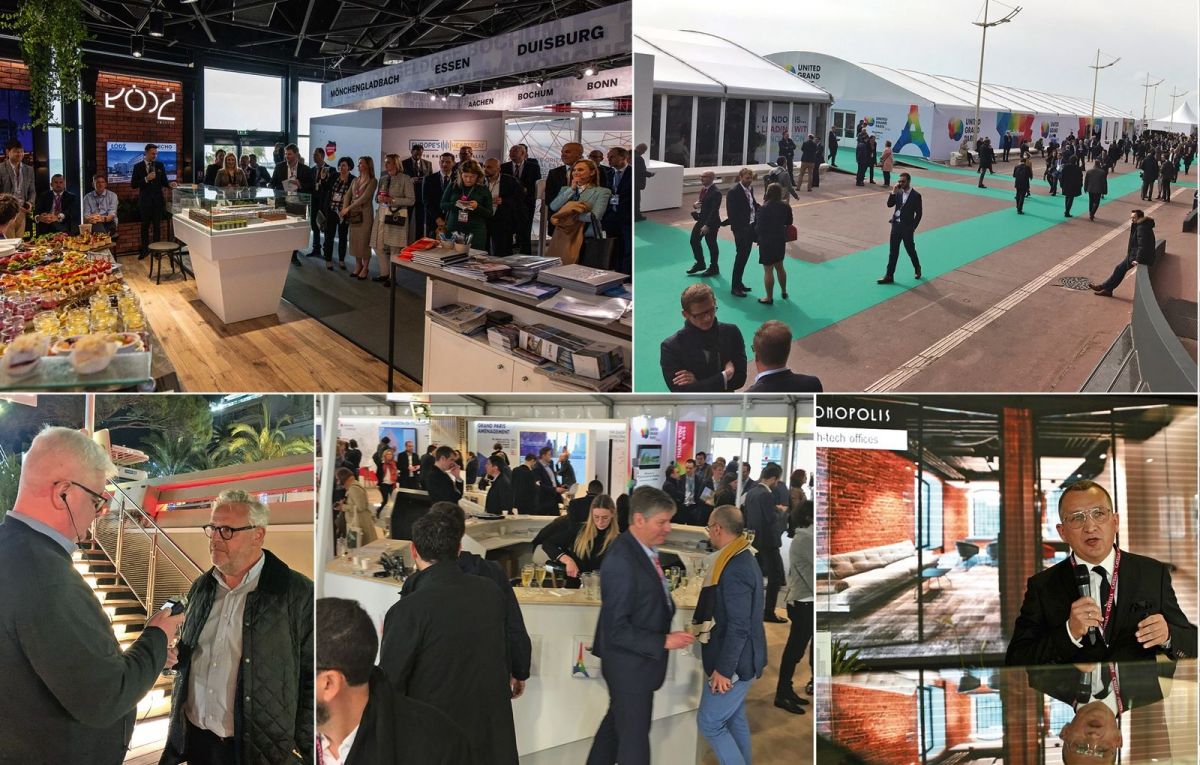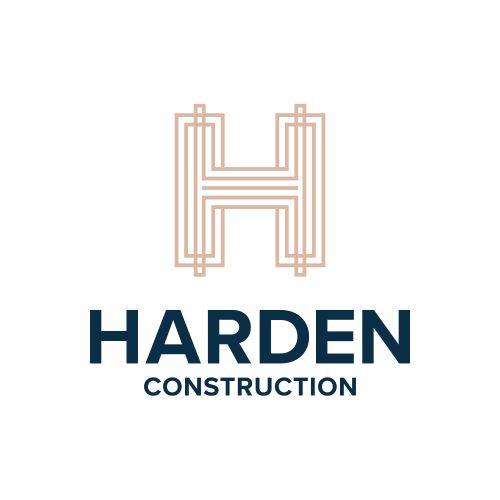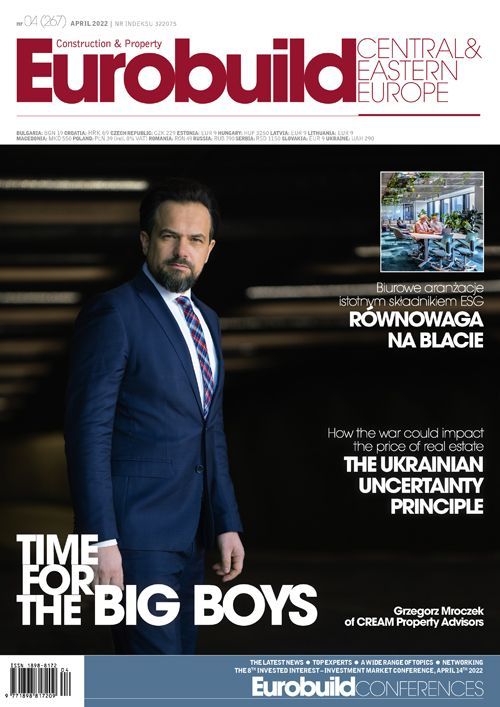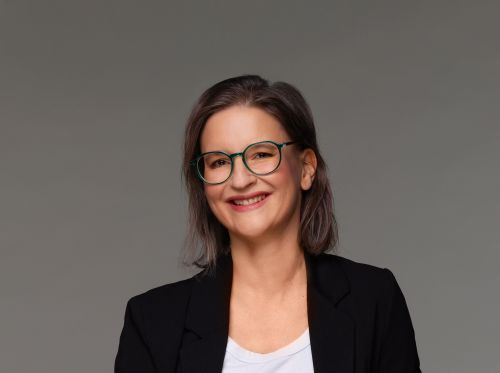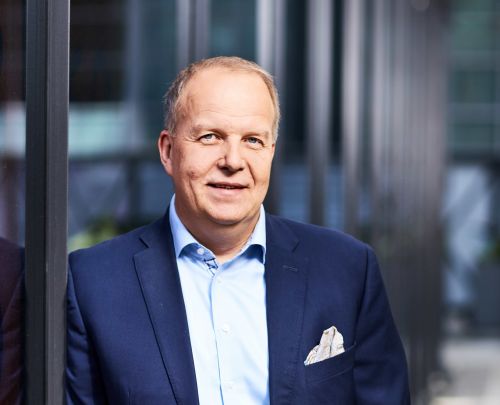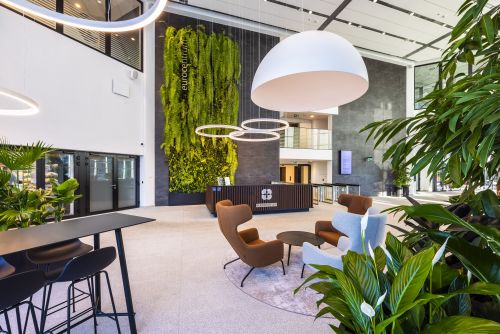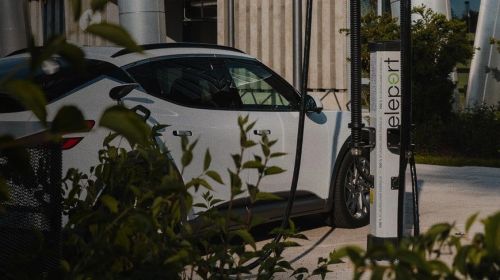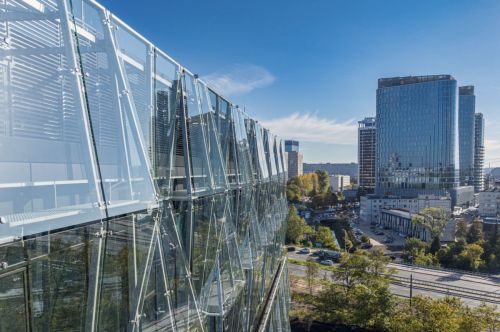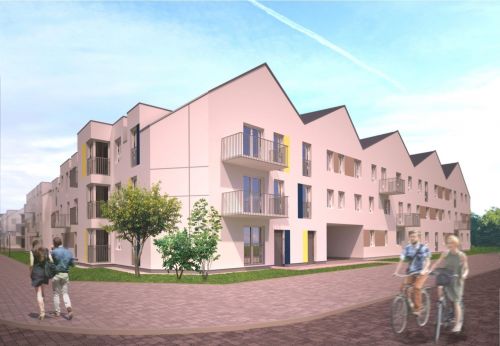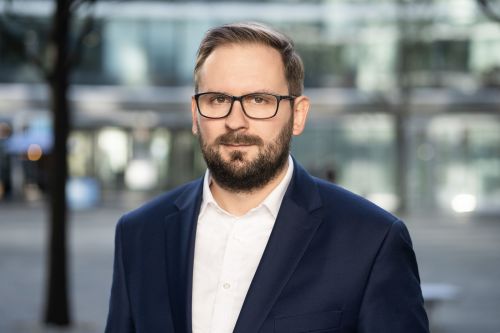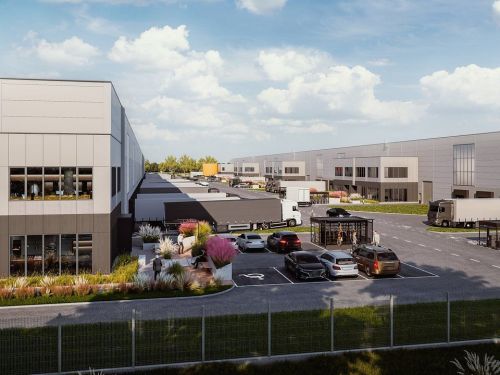For the record, it should be stated that a year ago a fair was also held in Cannes, but due to the pandemic restrictions it was only on a very modest scale. This year, MIPIM attracted over 360 speakers, with 2,400 companies exhibiting at more than 350 stands and pavilions across the 18,500 sqm exhibition area. Delegates from France made up the largest contingent, followed by the UK and then Germany.
Exhibitors and participants from Russia were excluded from the fair, their extravagant tents and expositions replaced by those of others countries (for example, Egypt). However, the beach in front of the Festival Palace was not entirely filled with tents – the guests showed themselves made a point of highlighting “the Russian hole”. Also, the quarter usually occupied by exhibitors from Ukraine looked unusual – an exhibition devoted to the war in Ukraine took place in the empty stands. This point also became the venue for expressing support for the Ukrainian nation,
